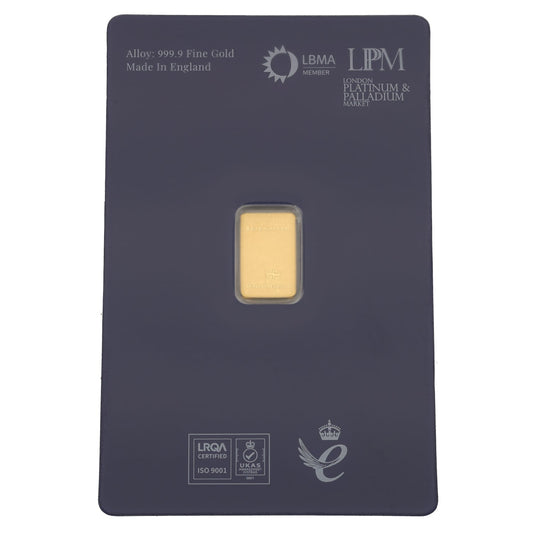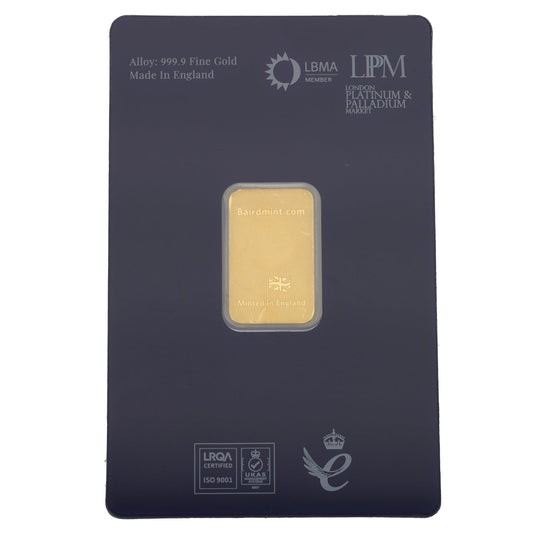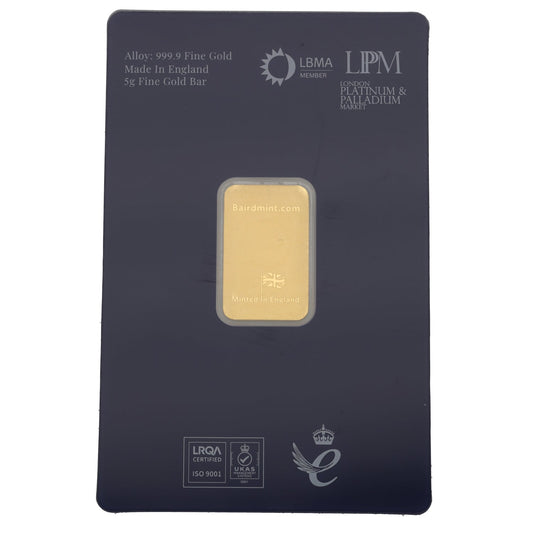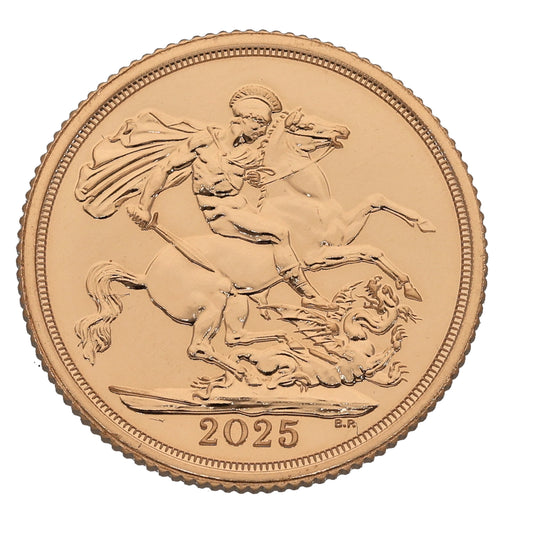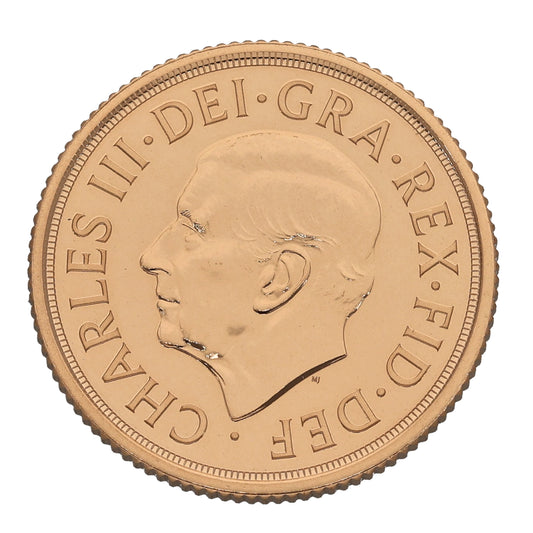You may have thought about one day owning a property, taking the holiday of a lifetime or saving for your children’s education, but where do you start? With countless other financial commitments and the stresses of daily life to deal with, it can feel like an impossible mountain to climb.
Rather than just holding an idea in your mind and working towards the future in fits and starts, it can be invaluable to take some time out to properly lay out your financial goals. There are many ways you can mould your dreams into actual, achievable objectives, which will put you on the fast-track to success.

The 5 W’s
When creating a financial goal, it’s important to first consider the very basics. Write down your goal at the top of the paper – don’t worry if it seems a bit vague at the moment – and then work out the following:
Who
Who is involved in this goal? It may be something you’re working towards on your own, or it could be something you’re doing as a couple or a family. If you have joint finances with someone else, they should also be on-board with what you’re hoping to achieve.
It can also be useful to identify people who could affect how easy it is for you to reach your goal. This includes people who could potentially help you to earn more money (an employer, mentor or teacher), as well as people who may cause unexpected expenses.
What
What is it that you actually want to accomplish? Be as specific as you can. This is where you should revisit your goal at the top of the page and check for anything too generic. For example, ‘I want to save money for a holiday’ is a fine goal, but it’s too vague. A better version would be, ‘I want to save £3,000 so our family can go on an all-inclusive holiday to Turkey’ for example.

Where
Where are you keeping any money you save? Where are the people and places that will help you achieve this goal? Where do you need to go in order to get the things you need, learn the right skills and move forward with your plan? Which places should you avoid to ensure you don’t veer from the path? All of these things should be considered carefully.
When
When do you want to achieve this goal? Setting a deadline is almost as important as setting the goal in the first place; if you leave it open-ended, you provide little urgency or incentive to get it done.
Why
Why do you want to achieve this particular goal? This, of all the questions, can be the most difficult to answer. Really think about your reasons for wanting to meet this aim and whether you’re doing it for the right ones. A financial goal should always be one that you actually want to do, otherwise it can become very difficult to achieve.

SMART Goals
If you’re struggling to make your goal easier to manage, or if you’re having a hard time working what to write down at the top of your page, it can be useful to write it down as a SMART goal. For those who haven’t encountered them before, SMART goals are created like so:
Specific
Be clear about the exact goal. Don’t be vague or leave it open-ended. This could mean splitting a larger goal up into smaller SMART goals if you’re struggling to pin it down, or if it’s going to take a very long time to achieve.
Measurable
It should be easy to see your progress as you work towards your objective. Creating smaller milestones within the wider goal can help with this, as well as being able to visualise your progress (more on that below).
Achievable
Set a goal that is possible for you to accomplish. There’s no point aiming to save more than you can possibly make, for instance, or failing to consider your other expenses when thinking about how long it will take.
Relevant
Your goal must be relevant to your other commitments and future hopes. Some financial goals may be better off on the back-burner while you work towards some more important ones; for instance, if you have a growing family, your dream to own a sports car may have to wait. Does achieving this goal help you to get to where you want to be in life?
Time
Create a clear timeline for your goal, with a target date for completion and ‘checkpoints’ in the middle so you can make sure you’re sticking to the plan.

Visualising Your Goals
Rather than just holding your plans and progress in your head, you may want to visualise them somehow. This can help you to stay on track and not get distracted. Of course, you can create whatever works for you – you don’t necessarily have to get crafty in order to benefit from some visual cues.
Mood board
A mood board is a collection of images and sometimes words or quotes, which are compiled together under a certain theme. You can create a mood board for anything you like, and many find them useful when planning large events, designing something or when wanting to pin down their future dreams.
You can create a physical mood board by cutting images out of magazines and sticking them to paper or board. Alternatively, you can create a digital mood board on a site like Pinterest. By looking at your board(s) regularly, it can help you stay on track.

Achievement chart
An achievement chart allows you to see your progress as you work up to your ultimate goal, and this is where splitting it up into bite-sized chunks can come in handy. Your chart can be as simple as a row of 10 boxes where each time you achieve 10% of your goal, you simply tick off or colour in a box. This kind of visual aid works well on a fridge or home noticeboard, or even tucked inside your wallet.
‘Loyalty card’
When your goal is financial in nature, it may be wise to stick a visual reminder in your wallet or purse. This can help you think twice if your spending is taking you off course. Yours could be in the form of a credit card-sized picture or note which should go in a prominent part of your wallet.
Reward Yourself
Lastly, it’s always a good idea to give yourself a little reward each time you hit a milestone or achieve a goal. Completing your plan is a great feeling and a reward in itself, of course, but if you can give yourself a pat on the back at various intervals throughout, you’ll be far more likely to go the distance






